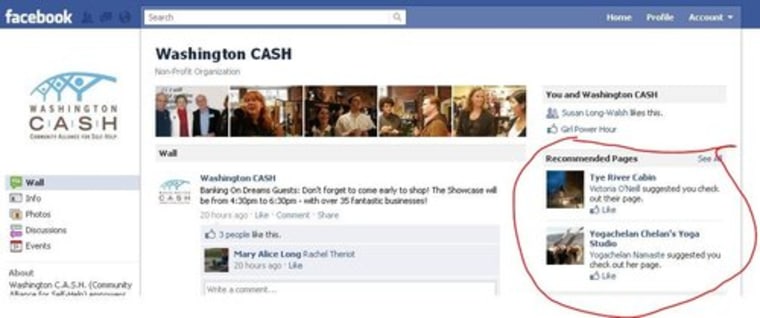With nearly 700 million users, Facebook can't make all of the people happy all of the time. At the top of today's Dislike Facebook status: Scott Nastro, a New Yorker who filed a lawsuit against the ginormous social network for allowing minors to "like" advertisements and brands on the site. The company then uses their names and likenesses for promotions, which this parent characterizes as unauthorized.
Well, the dislike was mutual, as Facebook fired off this response to Nastro's suit: "We believe this suit is completely without merit and we will fight it vigorously," as told to the AFP.
In his suit, Brooklyn-based Nastro contends that since the social networking company introduced "social ads" in 2007, his child, as well as all minors, have had their names or photographs used without parental consent.
In the Reuters write-up of the complaint, it explains the crux of the matter: "Clicking the 'like' button on an advertiser's Facebook page allows a user's name and photo to be seen by the user's Facebook friends who visit the advertiser's page. When a user 'likes' a particular company or product, this also appears in friends' news feeds." (We can also see this on the right-hand column, under "Recommended Pages.")
Which is all well and good — if you're an adult. Nastro's suit implies using kids names and likenesses crosses the line. The lawsuit states:
"Facebook, Inc. has regularly and repeatedly used the names and/or likenesses of plaintiff and the members of the Class for the commercial purpose of marketing, advertising, selling and soliciting the purchase of goods and services."
Also: Hiding the information on news feeds does not negate the appearance of minors' names and photos from appearing on advertising and brand pages they've "liked."
Reuters reports that "Nastro is seeking a portion of Facebook's revenues under the New York Civil Rights Law, which prohibits companies from using a person's name or photograph for advertising purposes without consent," though an actual figure isn't mentioned in the report.
A similar suit was filed in August by two Los Angeles County teens who claimed Facebook used their names and likenesses for commercial endorsements, without their permission, or parents' consent.
More stories:
- Facebook: We ban 20,000 children a day
- Survey: Kids responsible for a third of parents' app downloads
- Many sharing more on Facebook than they know
Check out Technolog on Facebook, and on Twitter, follow Athima Chansanchai.
